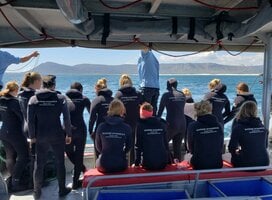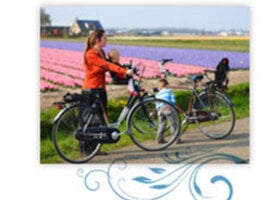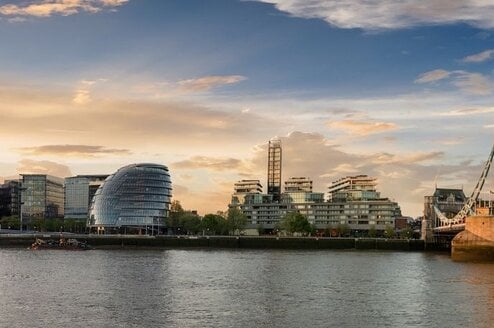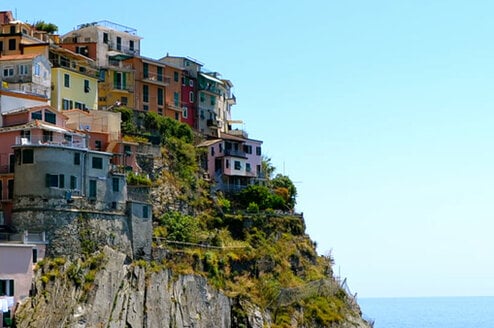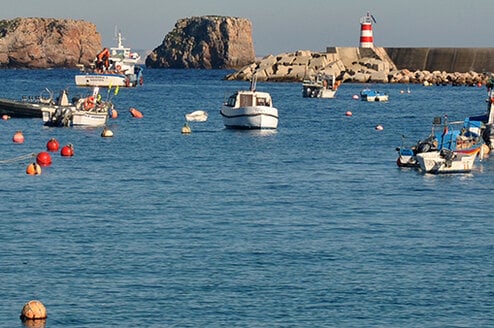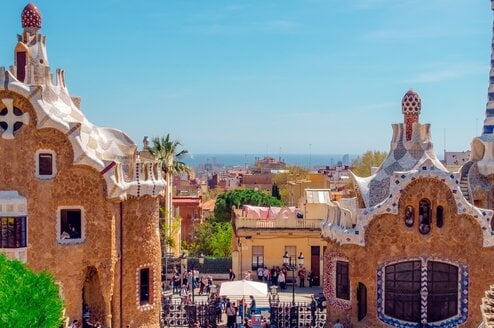Gap Year Programs in The Netherlands
The Netherlands is one of the happiest countries in the world, making it an ideal location to spend a gap year. While beautiful Amsterdam is the first city to come to everyone’s mind (and with good reason!), Rotterdam, Haarlem, Den Haag, and Delft are Dutch cities that shouldn’t be overlooked.
Whether you’re interested in pursuing an internship abroad, working as an au pair, or even just backpacking around the country, you’re sure to find more than enough ways to fill your time in the Netherlands.
How you fill your gap year in the Netherlands depends entirely upon your interests. Time spent in this exceptionally happy country, whether it’s expanding your career base or volunteering, will be exciting and rewarding.
Au Pair
Becoming an au pair in the Netherlands was common enough that they created an entire visa classification for it. If you love children, working as an au pair could be the best way to spend your gap year!
The Dutch government has created a structured program dictating that au pairs can only work a maximum of eight hours per day and a total of 30 hours per week. You are required to have two nights and two days off per week. Additionally, your time as an au pair in the Netherlands should provide you the opportunity to learn about Dutch customs and culture.
Internships
Unlike some other western countries, the Netherlands prioritizes a healthy work-life balance, which can be refreshing for someone coming from an overworked nation. Luckily, internships can be found in a variety of fields. Nearly 70% of the population speaks English, and being a native English speaker can be a useful asset for internships in marketing, advertising, tourism, and business.
Additionally, the Netherlands is an export-focused country, allowing for internship opportunities in electronics, trade, and information technology.
Backpacking
Most people visiting the Netherlands hit up beautiful Amsterdam and call their experience complete. While the country may be small, there is much to see during a gap year spent backpacking! Rotterdam is known for its ultra-hip architecture and is definitely worth an extended stay. Eclectic Maastricht has Roman ruins, and French-influenced architecture, and experiences cross-cultural pollination with nearby Belgium and Germany.
Not to be forgotten, the Netherlands is home to the beautiful De Hoge Veluwe National Park, where you can explore 5,400 hectares of peat bogs, sand dunes, heathland, and woodland by bicycle.
Visa Requirements
The Netherlands is one of 26 countries that are a part of the Schengen Agreement. Visa requirements for the Netherlands differ based on citizenship, so be sure to confirm with your local embassy before traveling.
US, British, Australian, and Canadian citizens are not required to have a tourist visa if they are only planning to stay for 90 days or less. You will still need to have a valid passport that is good for up to three months after your planned departure date, as well as a return ticket and sufficient funds.
For individuals interested in staying longer than 90 days and not working, you may need an MVV or class D visa. Some nationalities will not need an MVV and instead should report to the Immigration and Naturalization Service to apply for a residence permit.
Gappers interested in working in the Netherlands will need to work for an employer that has applied for a work/residence permit that covers them and you. Citizens of Australia, New Zealand, and Canada can also benefit from a one-year working holiday program.








